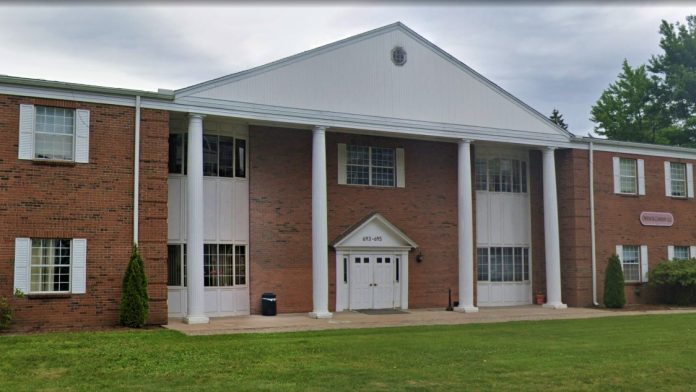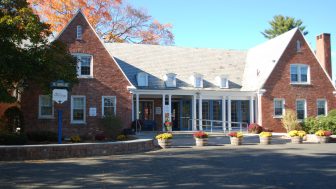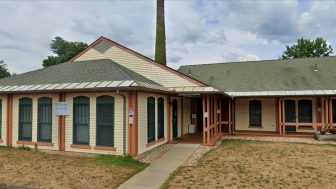Community Health Resources
693 Bloomfield Avenue
Suite 101
Bloomfield, CT 06002

About Community Health Resources
Community Health Resources -- Bloomfield is an outpatient mental illness and addiction center for children and adults in Bloomfield, Connecticut. They have a history of providing comprehensive care (including medication assisted treatment) dating back to the 1960s. They also provide in home and community care alongside at clinic treatment.
Collaborating on Your Success
This location has care coordination services geared toward children and young adults (up to age 21) and their families. It helps them build care plans, identify their goals, and connect them with supportive community resources. Wraparound services are also provided as part of this program.
What I like about this clinic's care coordination is how it can help youth who are considered high risk, either because they're returning home after a hospitalization or their behavior puts them at risk of hospitalization. The plan you develop with staff can focus on keeping the child home with family by focusing on meeting their needs.
Helping Adults Stay Independent
The Assertive Community Treatment Team (ACTT) is dedicated to bringing stability to all areas of your life. In addition to intensive treatment, you'll work with a support specialist. They'll help you maintain housing and employment, as well as build social relationships.
They accept Medicare and Medicaid alongside other major insurance plans. They also have a sliding fee scale to accommodate low income patients.
Addiction Treatment Programs
If you are looking for a young adult program in Connecticut, many options are available. Programs include inpatient, partial hospitalization programs (PHP), intensive outpatient programs (IOP), outpatient, aftercare, and dual diagnosis.
For those who have a substance use disorder, an adult program in Connecticut offers crucial support. Designed to treat individuals 18 and older, these rehab programs help adults learn how to live their lives free from dependence on substances.
Alcohol rehab in Connecticut is not a one-size-fits-all solution. That’s why a variety of programs and treatment methods are available to meet you where you are. Through personalized treatment, alcohol rehab is designed to help you achieve sobriety and maintain long-term recovery from alcohol use disorder.
Adults who attend men’s rehab in Connecticut have the opportunity to connect with other men who are struggling with similar addiction issues. This is important for recovery, as men are often more comfortable talking about their struggles with other men.
Women often find it easier to work through their addiction issues in women’s rehab in Connecticut. Surrounded by other women who understand their struggles, they can feel free to share openly and find support.
In Connecticut, cognitive behavioral therapy helps individuals identify impulsive thoughts and feelings of fear and self-doubt. It equips them to manage these negative thoughts and feelings without the use of substances.
Drug rehab in Connecticut provides the professional support that is often necessary to break free from drug dependency. With proper treatment, individuals can make changes that restore balance and health to their lives and achieve long-term recovery.
For seniors who have long-term addiction struggles and for those who have developed a substance use disorder later in life, elderly rehab in Connecticut is available. Treatment focuses on the unique needs of this stage of life.
Women often find it easier to work through their addiction issues in women’s rehab in Connecticut. Surrounded by other women who understand their struggles, they can feel free to share openly and find support.
Veteran’s rehab in Connecticut is designed for military personnel who are experiencing substance use disorder and need specialized treatment. Programs address commonly occurring dual diagnosis, such as PTSD and depression.
Levels of Care
Many individuals turn to outpatient rehab in Connecticut after they complete an inpatient program. This treatment is less intensive and usually involves attending several counseling sessions per week and attending a support group such as NA or AA. Outpatient rehab may be short or long-term, depending on the needs of the individual.
When you have a co-occurring disorder, you have both a substance abuse disorder and a mental health disorder. Dual diagnosis in Connecticut specializes in treating both conditions simultaneously, which is crucial for successful recovery.
Drug rehab in Connecticut typically starts with detox. This is the process of ridding your body of all addictive substances. This happens under supervision, so medical staff can treat withdrawal symptoms and help you through the process.


